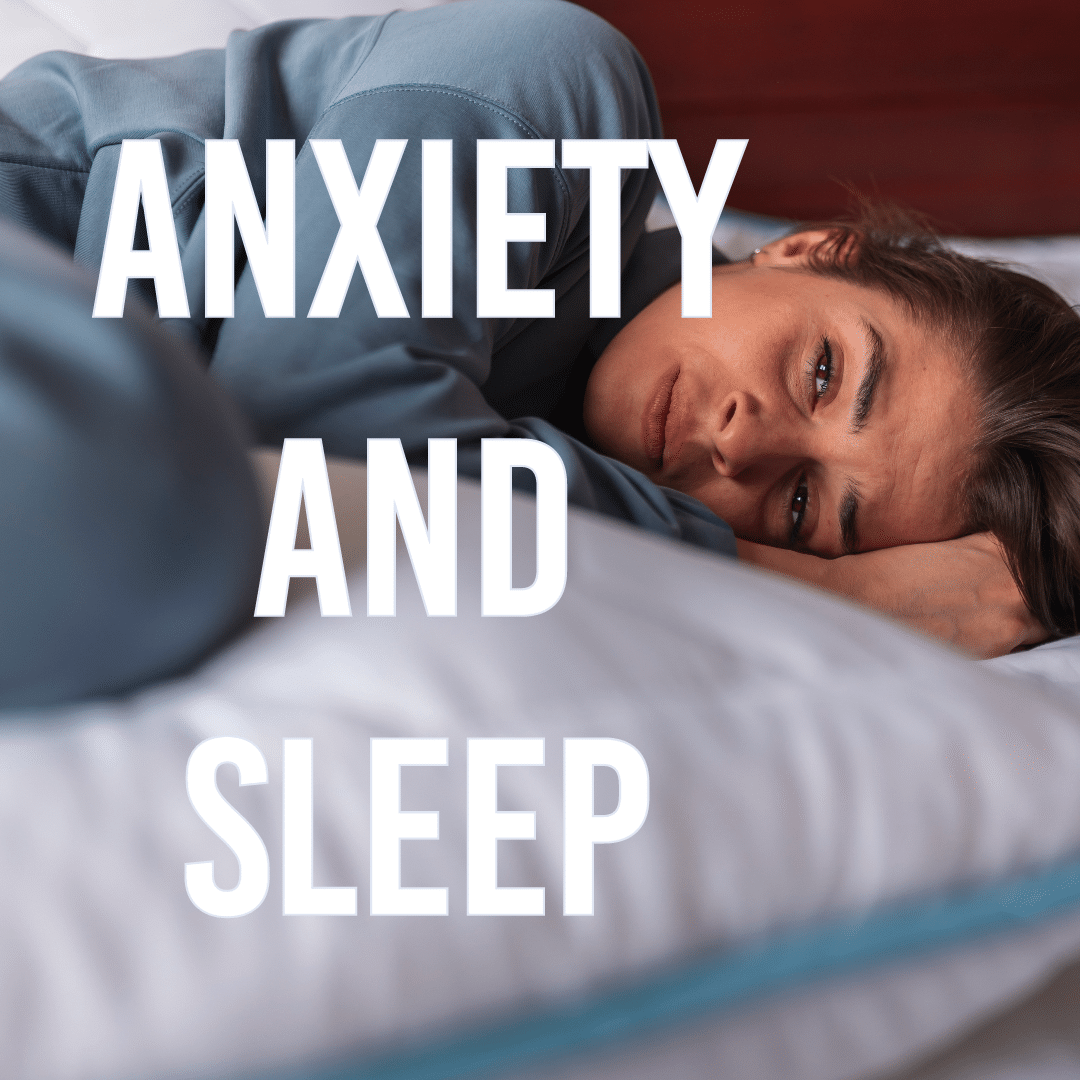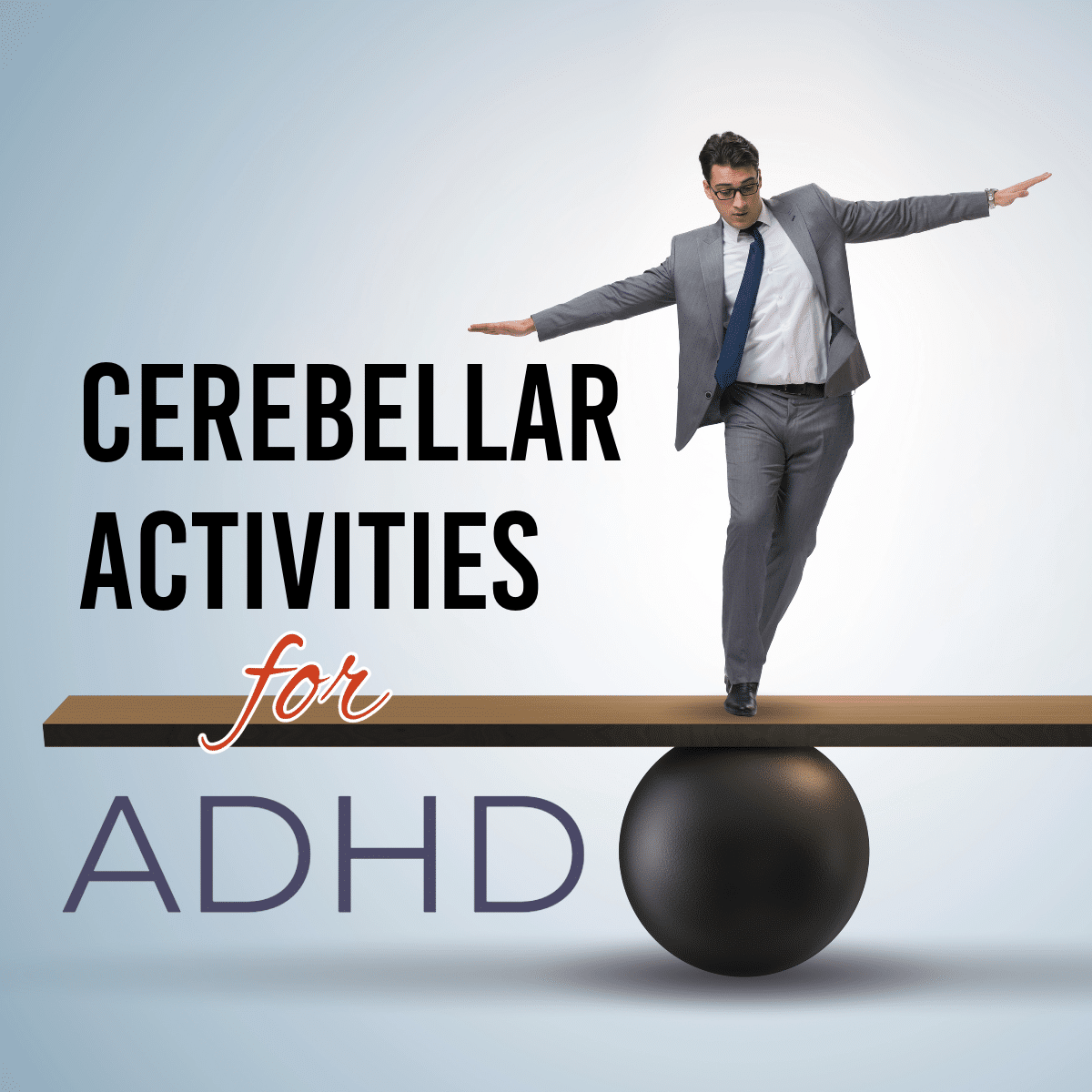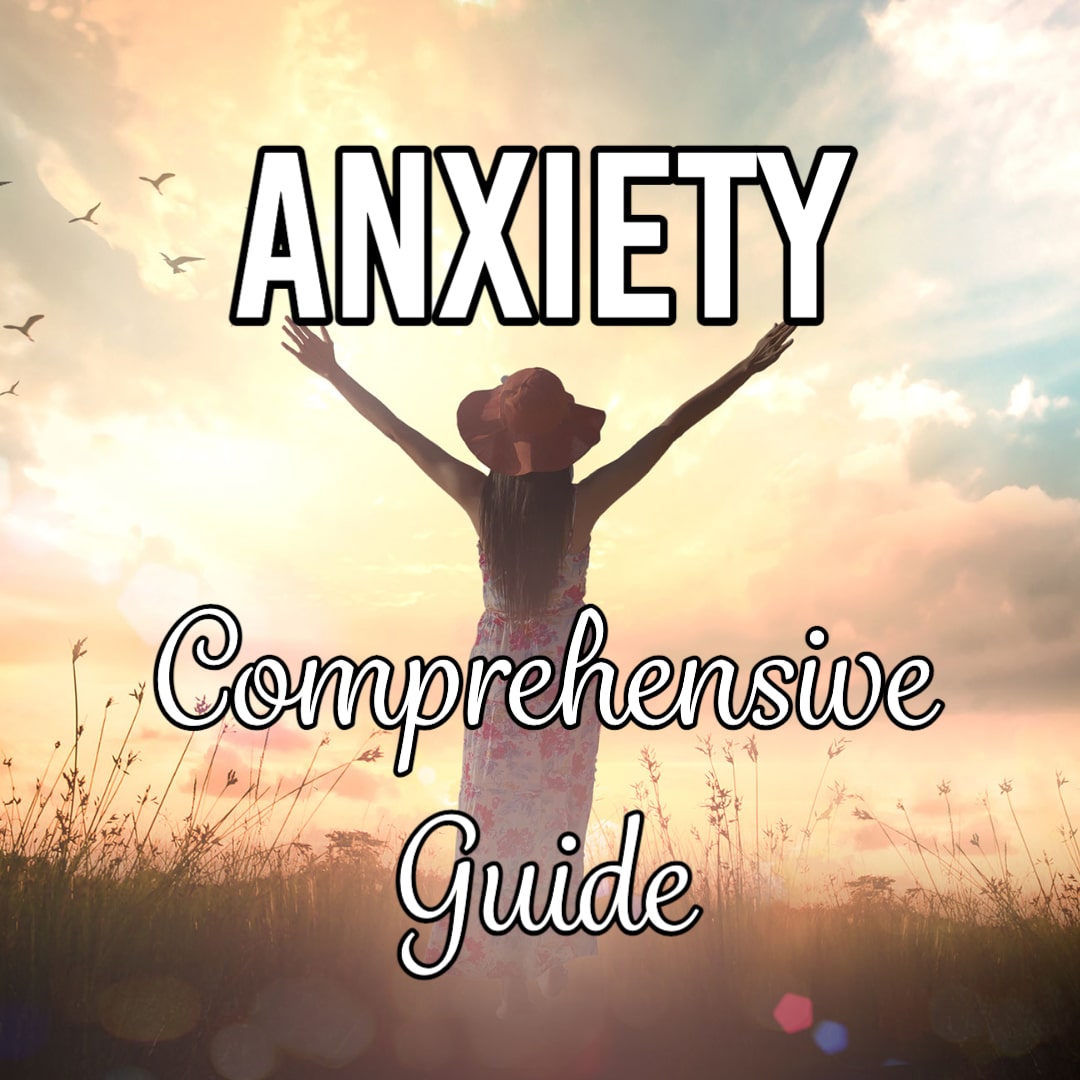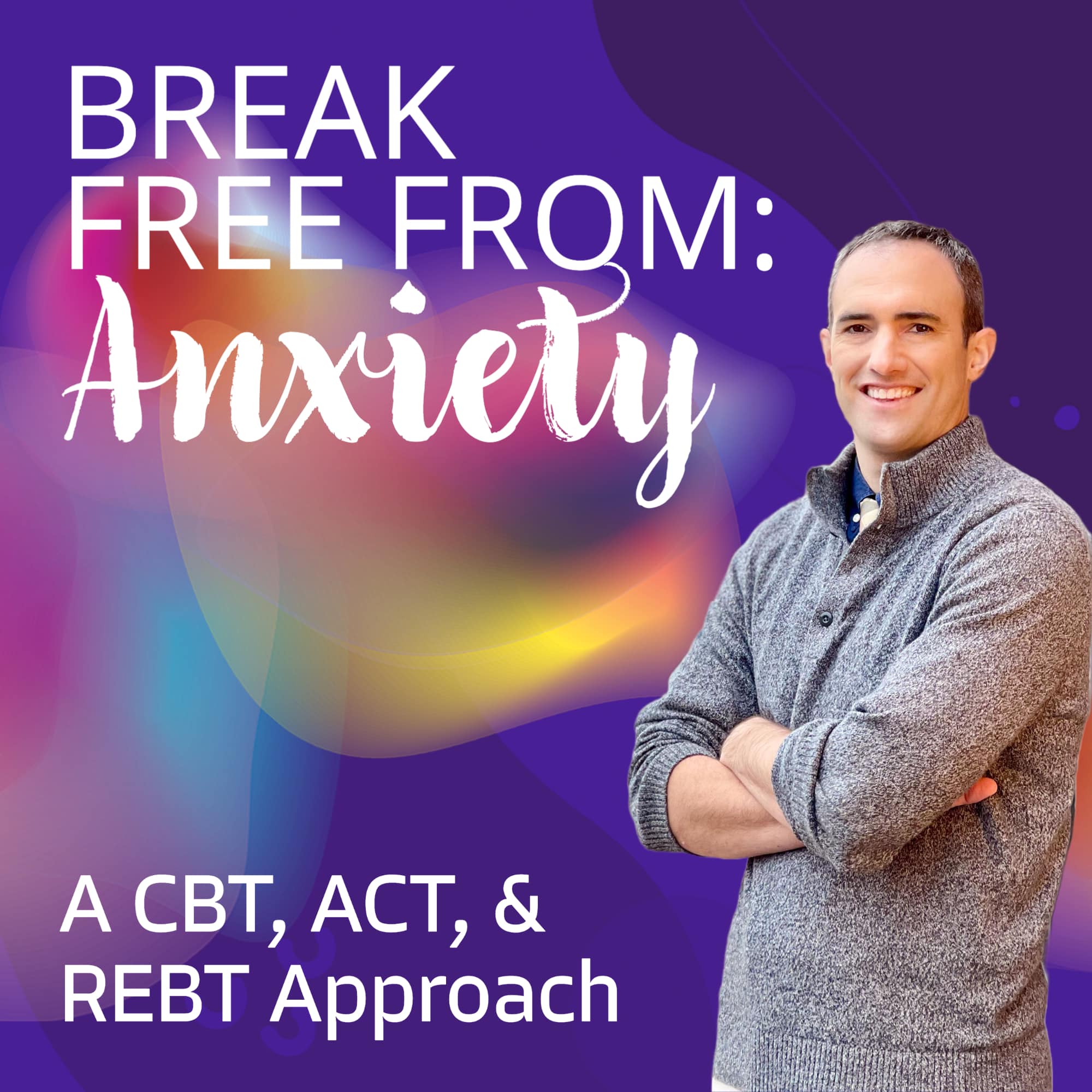Patients with ADHD and those with Bipolar disorder, particularly in the manic phase, may present similarly. Overlapping symptoms include distractibility, irritability, increased talkativeness, psychomotor agitation, and sleep disturbances. Similarly, patients in the depressed phase of Bipolar Disorder may present symptoms which overlap with ADHD including insomnia, irritability, psychomotor agitation, loss of energy, and depressed mood or low self-esteem. Of these symptoms, distractibility, irritability, and insomnia have the highest degree of overlap between the two disorders. The presence of any of symptoms should trigger a careful consideration of the patient’s overall clinical picture before arriving at a diagnosis.
It is important to consider the subtle differences in symptom presentation to accurately narrow the differential. For example, difficulty falling asleep in a patient with ADHD may easily be confused for the decreased need for sleep that is often seen in bipolar patients during a manic phase. While patients with both disorders may complain of distractibility, the bipolar patient will more likely feel that their mental abilities are heightened, which will not be the case in ADHD. Similarly, the bipolar patient will tend to have less insight to their condition compared to the ADHD patient. Both patients may be excitable, but compared to the manic bipolar patient, the ADHD patient will not exhibit any grandiosity or racing thoughts. Overall disease course differs as well- the onset of Bipolar Disorder is in adolescence or adulthood and it presents episodically. Conversely, the onset of ADHD is in childhood or early adolescence and is persistent over time.
Further complicating the difficulty in making a diagnosis, there is a high degree of comorbidity between the two diagnoses. In a 2006 study, 3.5% of non-Bipolar patients reported having ADHD, compared to 21.2% of those with Bipolar Disorder. Similarly, 19.4% of patients with ADHD reported having Bipolar Disorder, as compared to 3.1% without ADHD (Kessler et al., 2006). There are significantly more comorbid cases than would be expected due to chance alone, even when overlapping symptoms are accounted for. Hypotheses for this phenomenon include a common diathesis as well as ADHD as a possible precursor to Bipolar Disorder.
Patients who have a diagnosis of both disorders tend to have more difficult disease courses. Evidence suggests that patients who suffer from both conditions (Bipolar + ADHD) tend to experience their first manic episode on average 3-5 years earlier than patients with Bipolar Disorder alone. These patients also have a more severe course of Bipolar Disorder in terms of number of episodes and duration of wellness. They may also have more difficulty adhering to treatment.
In terms of treatment for patients with both disorders, it is recommended to treat the most severe condition first. Typically, this means mood stabilization for Bipolar Disorder followed by treatment for ADHD if symptoms persist and have moderate to severe impact on functioning and quality of life. Stimulants can be considered if Bipolar Disorder symptoms are well-controlled with mood stabilizers. If Bipolar Disorder is only suspected, ADHD may be treated first with close monitoring for Bipolar Disorder symptoms, as stimulants may potentially provoke mania in those susceptible. If this occurs, ADHD treatment should be withdrawn, and mood stabilizers should be initiated. The ADHD diagnosis should be reviewed before reconsidering treatment with stimulants.

 Bruce Bassi
Bruce Bassi





